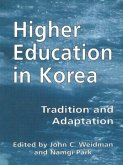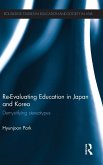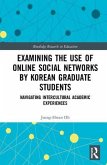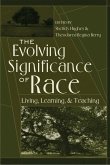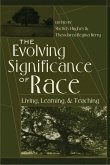This book constitutes a sociological, anthropological, and curricular inquiry into the factors surrounding high academic achievement rates of students in South Korea. Taking root in similar studies conducted around the exemplary nature of the Finnish education model, it explores the phenomenon of success in South Korea, uniquely connecting it to the scholarship and models for examining the recent shift in attention and popularity of Korean culture. The authors argue that Korean education or "K-edu" can also be studied and understood as a Hallyu and an exemplary form of education. Drawing on longitudinal qualitative studies spanning over 15 years, the authors advance understandings of Korean academic success beyond more generalized understandings of how Asian students learn and towards a holistic explanation for the case of Korea. As such, the book challenges the perception of Korean students as passive learners with a controlled learning culture and instead advocates the ways in which Korean students are leading a changing culture by utilizing all available resources and opportunities in the space of South Korea's evolving ecological system of education. In addition, this book provides one explanation as to how students from East Asian countries achieve such excellent academic performance. A crucial exploration of the culture and growth of education systems in Asian countries, this book will appeal to scholars and researchers with interests in Korean education and Korean students' academic achievement as an emerging inquiry for both Korean studies and East Asian Cultural Studies. In addition, this book will also be informative for scholars of comparative education, sociology of education, educational policy, and postcolonial educational research in the world.
Hinweis: Dieser Artikel kann nur an eine deutsche Lieferadresse ausgeliefert werden.
Hinweis: Dieser Artikel kann nur an eine deutsche Lieferadresse ausgeliefert werden.



